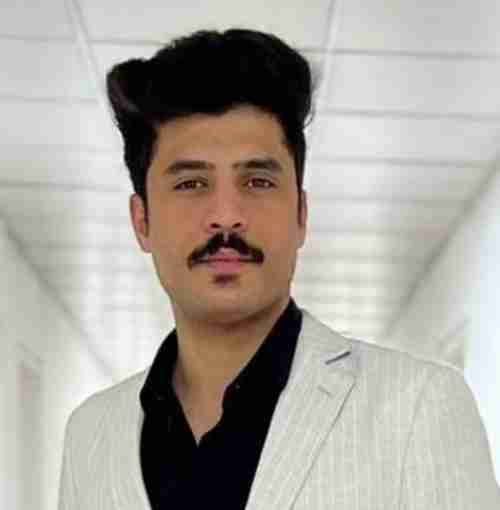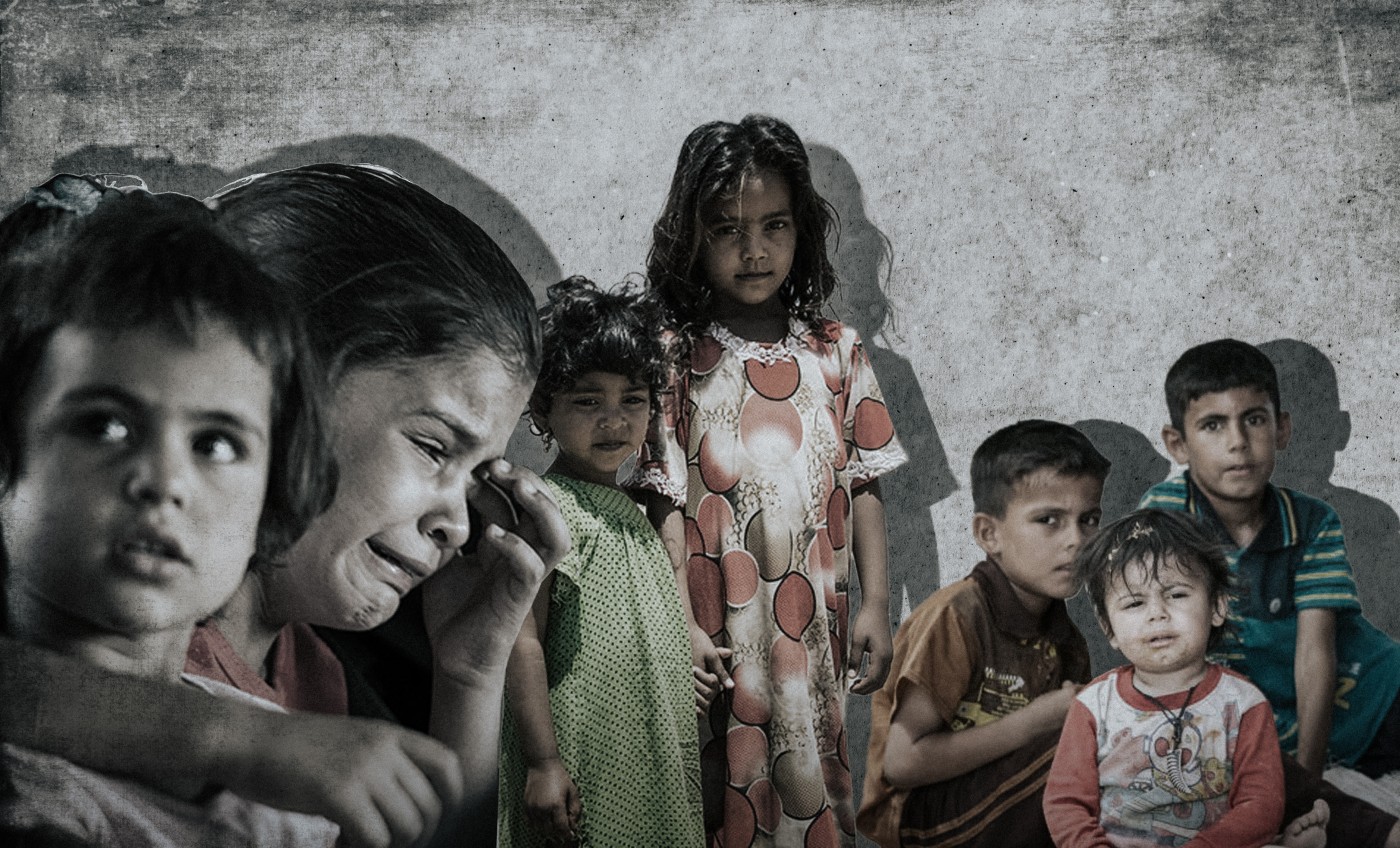BAGHDAD, Iraq – A boy stands at an intersection in the Iraqi capital, a water bottle in one hand and a box of Kleenexes in the other. The small boy plying his wares appears terrified when asked who he is and where he lives.
“Hamid” is only 12 years old. And homeless.
His real name is not being used out of ethical considerations.
“I don’t know who my father or mother are,” Hamid said when speaking to The New Region on November 18. “I don’t remember anything from my childhood other than traffic intersections.”
Many children can be seen in Iraqi streets selling similar things on days when they should be attending school.
The child said he had been found at the door of a Baghdad mosque by an impoverished man who lived nearby. He was exploited, he said, for begging in the streets with the man’s wife until he got old enough to work alone in exchange for housing and shelter. This was at least what he had been told by his neighbors, he said.
Kids without IDs miss out on education
A lack of identification documents means Hamid has not been able to enroll in school. It has also made it difficult for him to get healthcare and negatively impacted him psychologically.
According to an August 1 blog post appearing on the World Bank website, Iraq has set itself the goal of achieving universal primary and secondary school completion by 2031, currently at only 80% and 60%, respectively.
An International Rescue Committee report published in December 2022 noted that the IRC had found in areas of East Mosul that, “95% of children reported missing necessary civil documentation, such as birth certificates and national identification cards, which allow them to enroll in school and access social services.”
It added that, “child labor is a common negative coping mechanism for families in these areas, who are struggling to rebuild their lives due to limited livelihood opportunities, missing documentation -such as national ID cards or birth certificates-, and poor living conditions.”
Digging into foundlings issue seen as ‘a threat’
It is unclear how many foundings and others lack official identification documents and are not attending school.
Requests for information on such foundlings specifically from the Directorate of Civil Status, Passports and Residence in Baghdad were left unanswered. An interior ministry source who spoke on condition of anonymity to The New Region on November 18 claimed that the “number of children born from illegal relationships is very small” and that even asking details about such cases would threaten societal security.
In any case, he added, there are no precise statistics on the number of people of unknown parentage in Iraq and said that, due to the stigma attached, people in the country in such a position do not disclose it.
The adolescent boy said he felt his future had been “lost” and that he had no idea how long he would continue working as a beggar.
Baghdad home for orphans
Some individuals are trying to alleviate such societal ills.
Hisham Al-Thahabi created the Iraqi Home Foundation for Creativity in 2004, which gives shelter to homeless children and orphans in Baghdad.
Children under age one can be “adopted” and are registered under the family name of those taking them into their care, Thahabi told The New Region in an interview on November 19.
Those over that age are issued national identity cards and officially considered of “unknown parentage”, Thahabi said, but no one except the card holder knows this.
In 2014, the Child Welfare Authority affiliated with the Iraqi Ministry of Labor and Social Affairs decided to avoid using the term “of unknown parentage” to alleviate some of the stigma that follows these individuals for the rest of their lives, replacing it with another term.
‘Adoption’ in Iraq?
Officially, most Islamic-majority and Arab countries do not allow adoption for religious reasons.
However, Iraqi law allows for something that is similar in practice with multiple conditions set for the would-be parents. These include that the applicants must be a married Iraqi couple known for their good conduct, healthy, have the ability to financially support the child and be of good faith.
The child must either be an orphan or of unknown parentage and they will be placed in the family initially for a trial period in which a social worker must visit the home at least once a month and submit a report on their findings. The child must also receive part of the “adoptive” parents’ estate when they die.
Some like Hamid, however, are simply informally taken into the care of others without any formal paperwork or protections involved.
The role of identity in tribal societies
Iraqi Psychological Society founder and president Qasim Hussein Saleh said children of unknown parentage suffer severely from issues concerning their sense of identity and self-esteem.
Saleh told the New Region in an interview on November 20 that, “identity plays a social role. An individual is born without an identity. His family gives him a name and the state gives him a personal identity through which he introduces himself to society through his relation to his father and other relatives.”
He added that, “identity plays a greater and more dangerous role in tribal societies. Individuals boast of belonging to a tribe or a family.”
When children do not have a tribe or a family to turn to and be proud of, they feel like outcasts, he said, severely affecting their self-esteem and self-confidence.
“Foundlings tend to resent not only whoever caused them to be in such a situation but also the entire society that sees them as inferior,” Saleh stressed, claiming that such festering hatred inevitably leads to a desire for revenge.
He urged organizations focusing on human rights to put more effort and resources into preparing these children “to be like their peers” in terms of their involvement in society and in “building the nation.”



 Facebook
Facebook
 LinkedIn
LinkedIn
 Telegram
Telegram
 X
X


